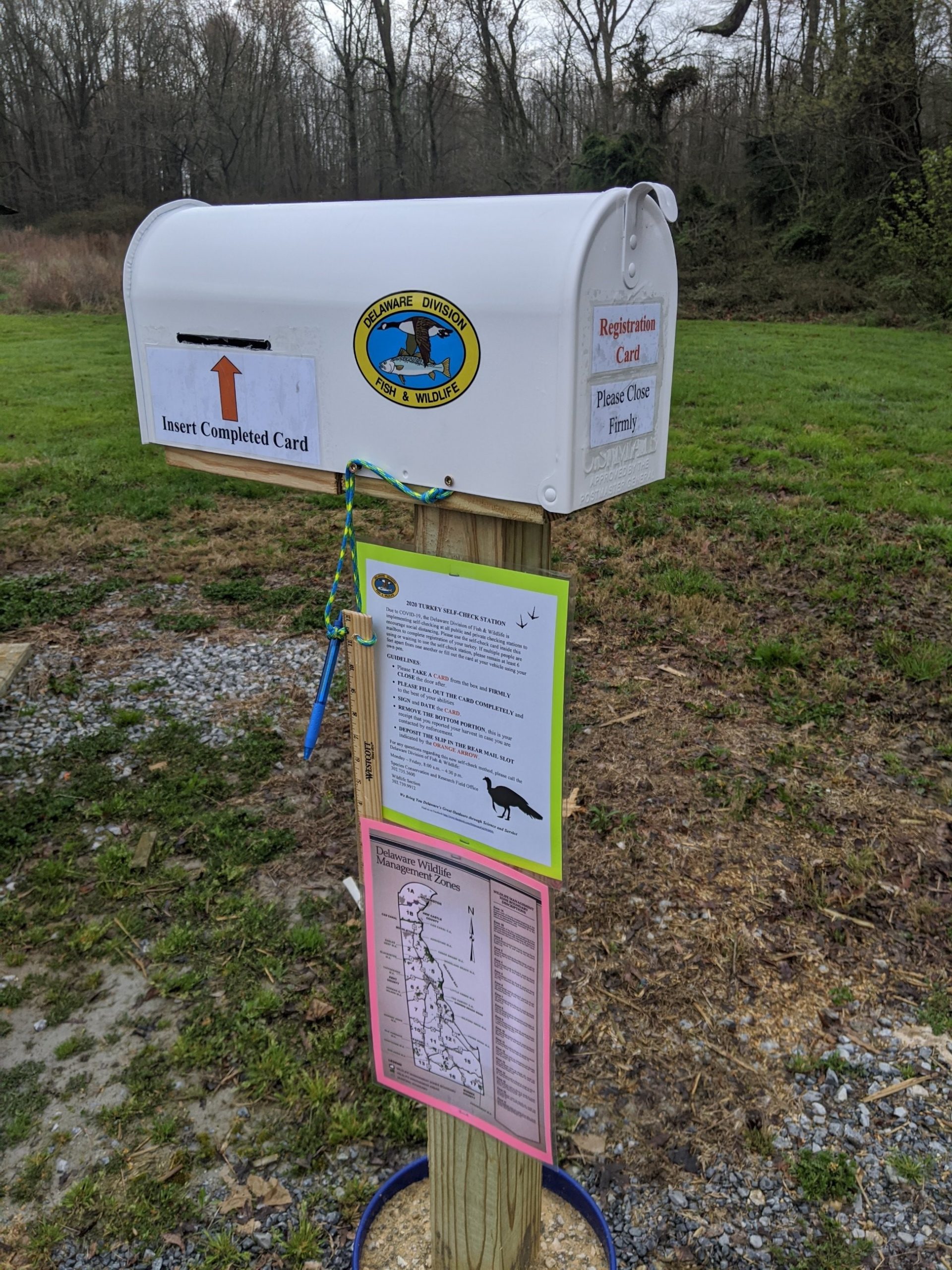Basic Hunter Education Course Field Day Participation (Photo: DNREC)
Due to COVID-19 restrictions, the classroom portion of the Basic Hunter Education Course will only be available online and at no cost to participants. After completing the online course, participants will attend a free, in-person field day for an abbreviated two hours where COVID-19 safety requirements will be implemented. The Department of Natural Resources and Environmental Control administers the hunter education program through the Division of Fish and Wildlife Hunter Education Program.
To complete the 2020/2021 Basic Hunter Education Course, participants need to:
- Take the approved online Basic Hunter Education Course using a link available through https://dnrec.alpha.delaware.gov/fish-wildlife/hunter-education/. The expanded online course is currently free of charge to all participants and consists of two parts, the traditional online course and an added virtual field day segment.
- Read and acknowledge the Delaware Laws and Regulations presentation available through https://dnrec.alpha.delaware.gov/fish-wildlife/hunter-education/.
- Sign-up for an in-person Field Day for Internet Course Graduates Course using the new ePermitting system https://epermitting.dnrec.delaware.gov/permits-and-licenses. Field Day Courses will last for two hours and be held at the Little Creek Hunter Education Training Center located at 3018 Bayside Drive in Dover. Students will participate in live-fire firearm instruction and be tested on hunting safety topics to include Delaware laws and regulations when they attend their in-person field day course.Hunters born after Jan. 1, 1967, are required to successfully complete the Basic Hunter Education Course to obtain a Delaware Hunting License. Participants must be 10 years of age or older to take any Hunter Education Program course.
The Basic Hunter Education Course teaches students safety, ethics, firearm types, safe gun handling, marksmanship techniques, specialty hunting techniques, wildlife management, wildlife identification, survival and Delaware hunting laws and regulations, as well as other hunter safety-related topics. All Basic Hunter Education Course students must participate in a live firearm firing session with a trained instructor.
The Delaware Hunter Education Program was first established in the early 1970s to help educate hunters in safe hunting practices and to reduce hunting-related accidents. Since 1967, more than 35,000 hunters have completed hunter safety courses and received hunter safety cards in Delaware, with a substantial decrease in hunting-related accidents.
For more information, contact the Division of Fish and Wildlife hunter education office at 302-735-3600 x1.
About DNREC
The Delaware Department of Natural Resources and Environmental Control protects and manages the state’s natural resources, protects public health, provides outdoor recreational opportunities and educates Delawareans about the environment. The Division of Fish and Wildlife conserves and manages Delaware’s fish and wildlife and their habitats, and provides fishing, hunting, wildlife viewing and boating access on nearly 65,000 acres of public land. For more information, visit the website and connect with DNREC on Facebook, Twitter or LinkedIn.
Media Contacts: Michael Globetti, michael.globetti@delaware.gov; Joanna Wilson, joanna.wilson@delaware.gov
###
